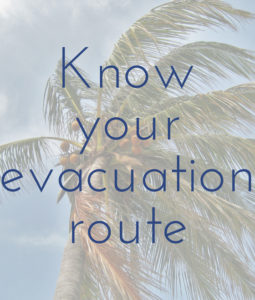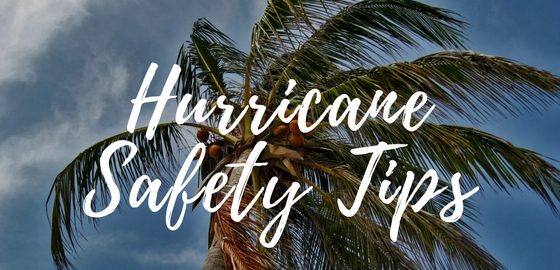Title insurance is a type of insurance that protects real estate owners and lenders from financial loss due to defects in the title of the property. A title is the legal document that establishes ownership of a property, and a defect in the title can create problems for the owner or lender.
Common defects in titles can include errors in public records, undisclosed heirs, mistakes in surveys, and liens or judgments against the property. These defects can create issues with ownership and make it difficult to sell or refinance the property.
Title insurance policies are typically issued by title insurance companies and are purchased during the real estate closing process. There are two types of title insurance policies: owner’s policies and lender’s policies.
Owner’s policies protect the property owner from financial loss due to defects in the title, while lender’s policies protect the lender from financial loss due to defects in the title that could impact the validity of the mortgage.
Why is Title Insurance Important?
Title insurance is important because it protects property owners and lenders from financial loss due to defects in the title. Without title insurance, property owners and lenders would be responsible for any financial loss that results from defects in the title.
For example, if a property owner purchases a property with a defective title, they could be responsible for any liens or judgments against the property that were not disclosed at the time of purchase. This could result in a significant financial loss for the property owner.
Similarly, if a lender provides a mortgage for a property with a defective title, they could lose their security interest in the property if the defects in the title result in the mortgage being deemed invalid.
How Does Title Insurance Work?
Title insurance works by conducting a title search and issuing a policy that covers defects in the title that are discovered during the search. The title search is conducted by a title insurance company and involves a review of public records, such as deeds, mortgages, and tax records.
If any defects in the title are discovered during the title search, the title insurance company will work to resolve the issues before issuing the policy. If the defects cannot be resolved, the title insurance policy will provide coverage for any financial loss that results from the defects.
The cost of title insurance varies depending on the property and the policy being purchased. In most cases, the cost of the policy is a one-time fee that is paid at the time of closing.
Conclusion
Title insurance is an important type of insurance that protects property owners and lenders from financial loss due to defects in the title. By conducting a title search and issuing a policy that covers any defects in the title, title insurance companies provide peace of mind to property owners and lenders alike. If you are purchasing a property, it’s important to consider purchasing title insurance to protect yourself from potential financial loss due to title defects.


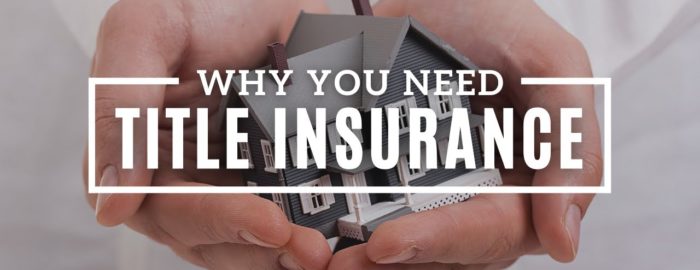
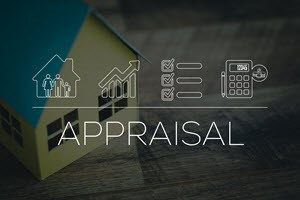
 With 2018 behind us, we’re focusing on the new year and predicting where the real estate market is going in 2019. With so much data out there about the market, we have had to sift through the noise and sort the accurate data from the hyped-up data in order to set some realistic expectations for the year ahead of us. As with all predictions, no one has a crystal ball able to see the future and how all of the cards will fall. I have however, distilled information from credible resources, based this post on my 20+ years of experience and what I am currently seeing in the marketplace. Let this information serve you as a barometer in your decision making this year as we optimistically head into 2019. Let’s take a look at how we’re expecting the real estate industry to shape up this year here in the U.S. and most importantly, Florida and Pinellas County.
With 2018 behind us, we’re focusing on the new year and predicting where the real estate market is going in 2019. With so much data out there about the market, we have had to sift through the noise and sort the accurate data from the hyped-up data in order to set some realistic expectations for the year ahead of us. As with all predictions, no one has a crystal ball able to see the future and how all of the cards will fall. I have however, distilled information from credible resources, based this post on my 20+ years of experience and what I am currently seeing in the marketplace. Let this information serve you as a barometer in your decision making this year as we optimistically head into 2019. Let’s take a look at how we’re expecting the real estate industry to shape up this year here in the U.S. and most importantly, Florida and Pinellas County.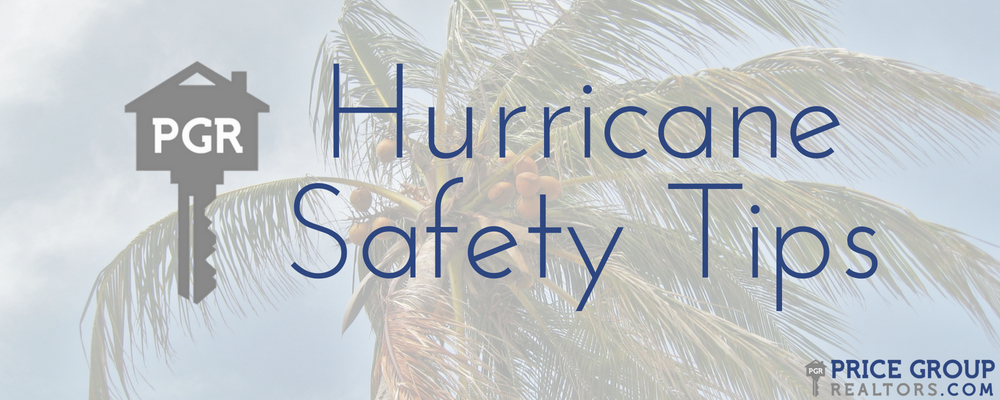


 Cleaning list,
Cleaning list, 